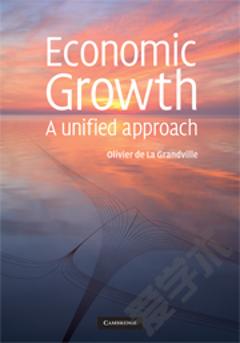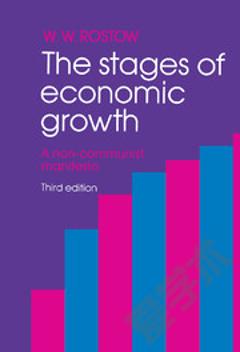The Hegemony of Growth: The OECD and the Making of the Economic Growth Paradigm
In modern society, economic growth is considered to be the primary goal pursued through policymaking. But when and how did this perception become widely adopted among social scientists, politicians and the general public? Focusing on the OECD, one of the least understood international organisations, Schmelzer offers the first transnational study to chart the history of growth discourses. He reveals how the pursuit of GDP growth emerged as a societal goal and the ways in which the methods employed to measure, model and prescribe growth resulted in statistical standards, international policy frameworks and widely accepted norms. Setting his analysis within the context of capitalist development, post-war reconstruction, the Cold War, decolonization, and industrial crisis, The Hegemony of Growth sheds new light on the continuous reshaping of the growth paradigm up to the neoliberal age and adds historical depth to current debates on climate change, inequality and the limits to growth.
{{comment.content}}








 京公网安备 11010802027623号
京公网安备 11010802027623号